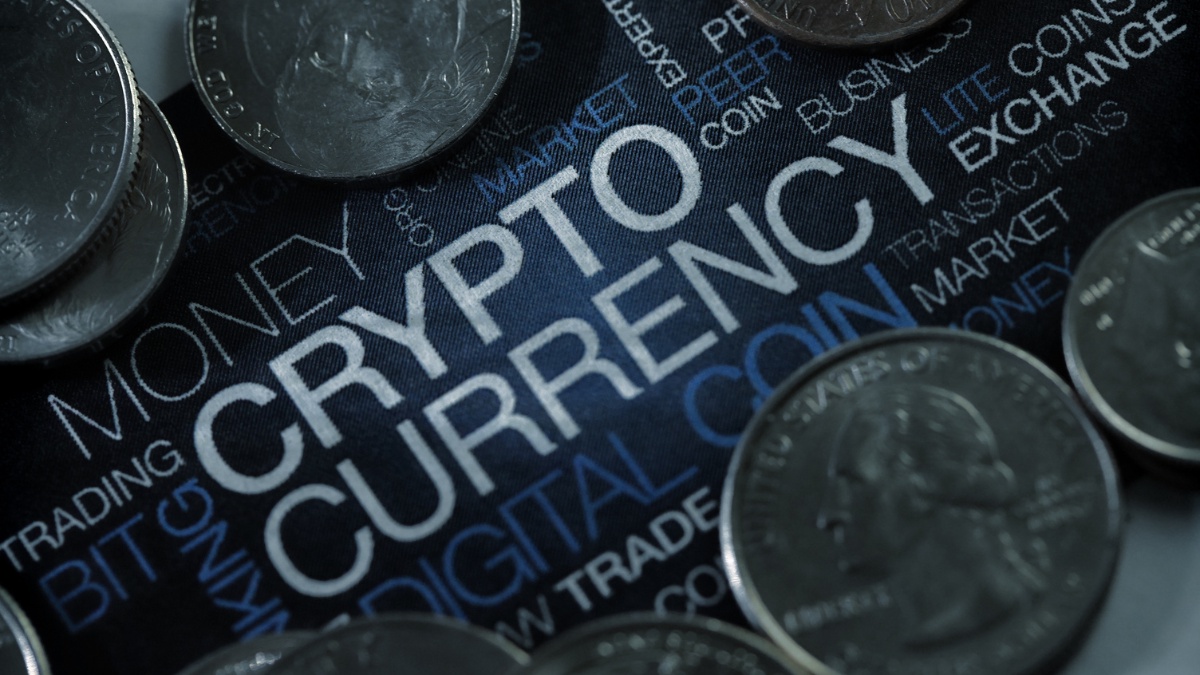In today's rapidly evolving digital landscape, the development of tokens has emerged as a revolutionary force that is reshaping the way we transact, invest, and even govern. Whether you're a tech enthusiast, a seasoned investor, or someone new to the world of blockchain and cryptocurrencies, token development is a topic that demands your attention. In this blog, we will delve into the world of token development, exploring what tokens are, how they work, and their profound impact on the global economy.

In the world of blockchain and cryptocurrency, tokens play a pivotal role in various ecosystems. From powering decentralized applications (dApps) to enabling fundraising through Initial Coin Offerings (ICOs), tokens have become a fundamental aspect of blockchain technology. This blog post aims to provide a comprehensive guide to token development, covering key concepts, types of tokens, and the steps involved in creating them.
Understanding Tokens
To grasp the significance of token development, it's crucial to understand what tokens are and why they matter. In essence, a token is a digital representation of an asset or utility, usually built on blockchain technology. Unlike traditional physical assets, tokens are decentralized and exist purely in a digital form. This digital nature makes them highly versatile and opens up a world of possibilities.
Tokens come in various forms, each with its unique purpose and use case. The primary categories of tokens are:
-
Cryptocurrencies: These are the most well-known tokens, such as Bitcoin and Ethereum. Cryptocurrencies serve as digital currencies, enabling peer-to-peer transactions without the need for intermediaries like banks.
-
Utility Tokens: These tokens are designed to provide access to specific functions or services within a platform or ecosystem. Think of them as tokens you might need to access certain features of a video game or a social media network.
-
Security Tokens: Security tokens represent ownership in a real-world asset, such as shares of a company, real estate, or commodities. They are subject to regulatory oversight and aim to bridge the gap between traditional finance and blockchain technology.
-
NFTs (Non-Fungible Tokens): NFTs have taken the world by storm, offering a way to prove ownership and authenticity of digital or physical assets like art, music, collectibles, and more. Each NFT is unique and cannot be replicated.
The Token Development Process
Creating tokens involves a series of technical and conceptual steps. Let's break down the token development process:
-
Idea and Concept: The first step is to define the purpose and utility of your token. Are you creating a cryptocurrency, a utility token, a security token, or an NFT? What problem does it aim to solve or what value does it bring to users?
-
Platform Selection: Depending on the type of token, you'll choose a blockchain platform that suits your needs. Ethereum is popular for creating smart contracts and tokens, but other platforms like Binance Smart Chain, Solana, and Polkadot have gained prominence.
-
Smart Contract Development: For most tokens, smart contracts are at the heart of their functionality. These self-executing contracts are programmed to govern the behavior and transactions of the token. They need to be developed and audited for security.
-
Token Standards: Depending on your chosen blockchain, you'll need to adhere to specific token standards. For example, ERC-20 is a standard for Ethereum-based tokens. Adhering to these standards ensures compatibility with various wallets and exchanges.
-
Token Launch: After thorough testing and auditing, it's time to launch your token. This involves creating and distributing tokens to initial investors, if applicable.
-
Market Integration: To ensure your token's success, you'll want to get it listed on various exchanges, allowing users to buy and trade it. The demand for your token plays a crucial role in its value.
-
Governance and Upgrades: Depending on your token's purpose, you might need to set up governance mechanisms for decision-making and address upgrades and improvements.
The Impact of Token Development
The rise of token development has far-reaching implications for various aspects of our lives:
-
Financial Inclusion: Cryptocurrencies and digital assets are opening up financial opportunities for people worldwide, especially those without access to traditional banking services.
-
Decentralization: Tokens and blockchain technology are reducing the dependence on centralized institutions, fostering trust and security.
-
Innovation: Tokens are driving innovation in various industries, from art and gaming to supply chain management and identity verification.
-
Ownership and Provenance: NFTs are redefining ownership and authenticity, allowing artists and creators to directly monetize their work.
-
Investment Opportunities: The token economy has created new investment opportunities, although it comes with its share of risks.
Token development is not just a technological advancement; it's a societal shift that's redefining how we perceive and interact with digital assets. It offers new opportunities, challenges, and questions that we must grapple with as we continue to embrace this transformative technology. As the token space evolves, it's essential to stay informed and explore the possibilities it presents. Whether you're an entrepreneur, an investor, or simply curious about the future of digital assets, token development is a field that promises to shape our world in ways we're only beginning to understand.
Conclusion
Token development is a multifaceted process that requires a solid understanding of blockchain technology, smart contract development, and the specific use case for the token. By following these steps and considering the nuances of different token types, developers can create a valuable asset within the blockchain ecosystem. Remember, in this rapidly evolving space, staying informed about the latest developments and best practices is key to success. Happy token crafting!


No comments yet